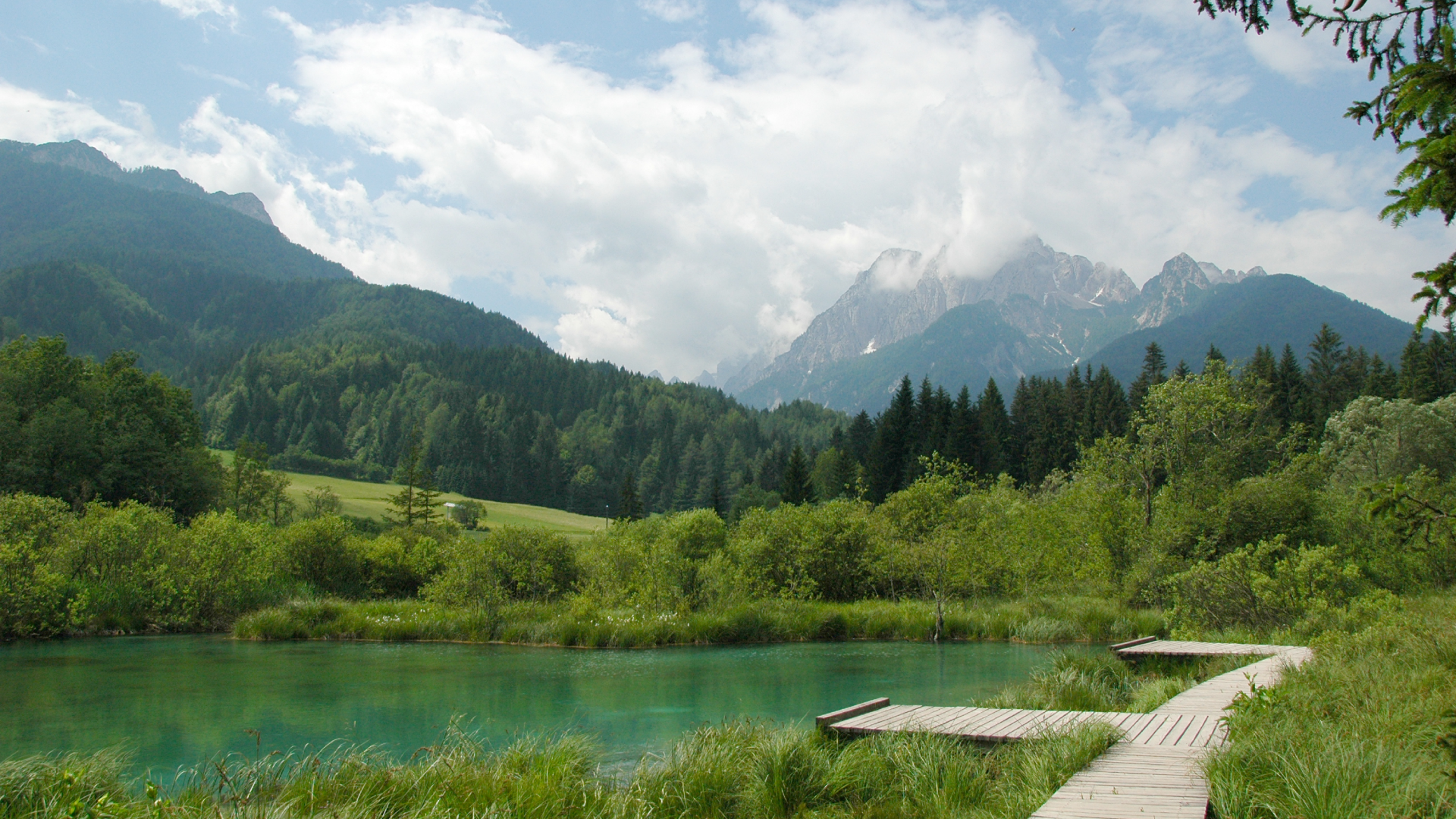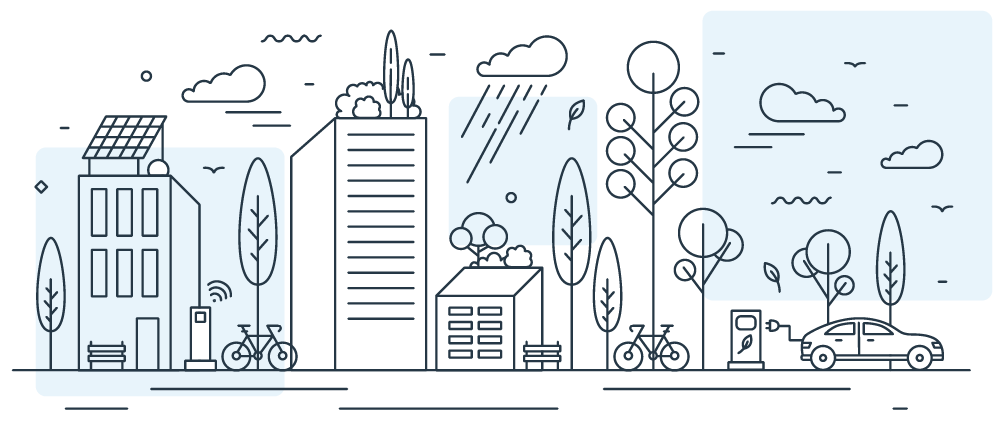
Home »
In our company, we continuously follow the guidelines of sustainable development and will continue to strive for a sustainable future by operating in various areas of our business. The importance of sustainability is even more crucial in the context of current climate change adaptation and the transition of our society to a low-carbon society.
Sustainability is composed of three pillars that cover the environmental, social, and economic aspects.
Environmental Aspects of Sustainability
Taking care of the environment is a significant element of our company’s operation.
Hydropower Plants:
- Do not produce waste
- Do not cause air pollution
- Contribute to reducing CO2 emissions
- Enable a greater contribution of variable RES (wind and solar power)
In the areas of the reservoirs of hydropower plants:
- New freshwater ecosystems are created
- Existing conservation arrangements are maintained and new ones are integrated
- Debris is removed
- Environmental monitoring is conducted
From an environmental perspective, hydropower is a renewable energy source and a clean energy source compared to other sources of electricity. The operation of hydropower plants does not generate waste or CO2 emissions. The energy produced from our hydropower plants is carbon-neutral and a renewable energy source. As such, our hydropower plants contribute to both preventing and reducing climate change, making them environmentally friendly.
Another very important benefit of hydropower plants, which is not widely known, is that they enable a greater contribution of other RES to the power system. This role of hydropower plants will become even more important in the coming decades as the share of variable RES, especially wind and solar power, is expected to increase significantly.
We also strive to minimize the negative environmental impact during the construction and maintenance of our hydropower plants and ensure that their operation complies with environmental standards and requirements.
To ensure compliance with environmental requirements, various types of environmental monitoring are carried out within the company. Environmental monitoring generally relates to environmental components such as water, air, and soil.
Trash racks (barriers) in our reservoirs are designed to catch debris, which is regularly removed from both the barriers and turbine intakes at individual hydropower plant locations.
In the context of environmental aspects, it is important to emphasize the positive impacts of hydropower plants on the environment, especially since in the general public, only the negative effects of hydropower plants on the environment are often promoted (and manipulated).

Social Aspects of Sustainability
The social role of hydropower plants is extremely broad, ranging from their fundamental energy role in the production of electrical energy, whose consumption is still increasing, to the importance of hydropower plants in providing systemic services to the power system, where they are technically and economically most favorable. The social role also includes the multipurpose use of water reservoirs in hydropower plants, including hydraulic arrangements, water supply, irrigation, flood protection, as well as tourism and recreation.
Savske elektrarne Ljubljana d.o.o., with its long-standing presence in the region and among people, is aware of its social responsibility and the social aspect of sustainability.
The concession areas of our hydropower plants are located in ten Slovenian municipalities, and our integration into local communities is significant. We continuously collaborate with local communities and support them in integrating tourist and recreational activities in our concession areas, while taking into account environmental limitations. Recently, our support for local communities mainly involves the development of cycling paths, educational paths, natural science educational paths, outdoor fitness facilities, etc. By adapting the operation of our hydropower plants, we enable and support various annual fishing and kayaking competitions.
In the future, we plan to focus even more on the protection of the aquatic environment in terms of maintaining good water quality, which means good ecological and chemical water conditions. In the field of water quality, we want to establish a stronger connection with local communities, especially in terms of raising awareness among local residents about the importance of maintaining water quality and the importance of preserving riparian areas.
In terms of raising awareness and informing the public about our hydropower plants, regularly scheduled and organized tours of our hydropower plants are conducted, with school excursions predominating.
Water management, water supply, irrigation, flood protection
The reservoirs on the Sava replace numerous water management structures that would need to be built if they did not exist. The basin shores are protected against erosion, and the operation of the reservoirs contributes to reducing high-water waves and thus protecting against floods. Flood protection also includes embankments, especially for HPP Vrhovo. The power plants can also serve as a source of water for irrigation, which is the case with HPP Moste (Bled golf course).
As a socially responsible business, we also pay special attention to all those we come into contact with in our business operations. Therefore, we provide sponsorships and donations to various cultural, sports, educational, and humanitarian institutions, that are established by special regulations for the management of these activities as non-profit activities and voluntary associations operating in the public interest.
Economic Aspects of Sustainability
Among the economic aspects of sustainability, it is worth highlighting that by regularly maintaining and renovating our hydropower plants, we extend the life of the plants, increase production, and improve the utilization of renewable energy sources.
Our contribution to the economic aspects of sustainability, compared to other energy sources, includes low operating and maintenance costs, long service life of hydropower plants (50 to 100 years or more), ensuring reliable electricity supply, flexible operation, and mature and proven technology.
In the future, our investments will also focus on other renewable energy sources, with an emphasis on solar power plants planned in areas with good sunlight and economic justification.
Educational Center Management System Policy
